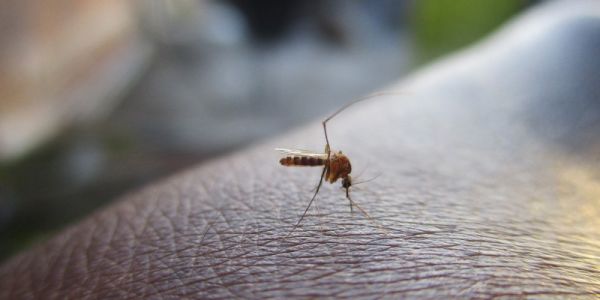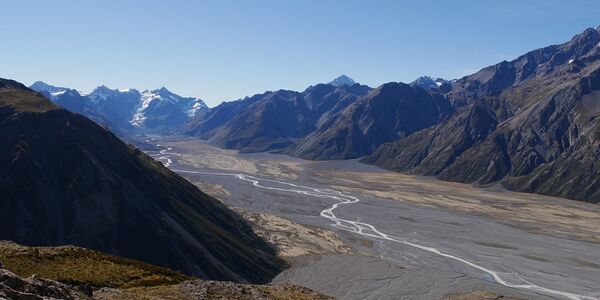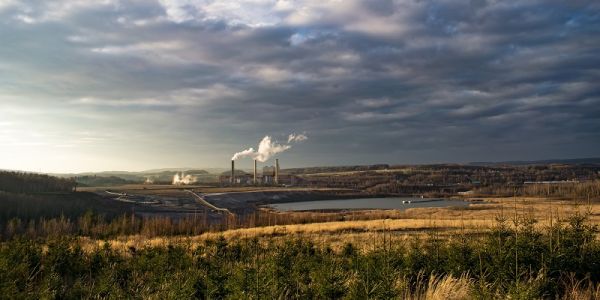
New malaria transmission patterns emerge in Africa
An international study reveals how future climate change could affect malaria transmission in Africa over the next century.

An international study reveals how future climate change could affect malaria transmission in Africa over the next century.

A Leeds academic has received a top award from the Royal Academy of Engineering for work which has had “widespread and significant impact” in tackling the spread of coronavirus.

A post-lockdown economic recovery plan that incorporates and emphasises climate-friendly choices could help significantly in the battle against global warming, according to a new study.

Glaciers in the Southern Alps of New Zealand have lost more ice mass since pre-industrial times than remains today, according to a new study.

A new meta-analysis emphasises the need for the next generation of “health conscious” products to focus on food texture to enhance the feeling of being full.

The two pollutants most harmful to human health, PM2.5 and Ozone, were only slightly reduced or barely affected during the lockdown in China, according to a new study.

A new study uses satellite data over the Southern Hemisphere to understand global cloud composition during the industrial revolution.

Nearly 1.4 billion tonnes of plastic will be dumped on land and in the oceans over the period from 2016 to 2040 unless the world acts, say a team of global experts.

The most advanced and comprehensive analysis of climate sensitivity ever undertaken has revealed with more confidence than ever before how sensitive the Earth’s climate is to carbon dioxide.

The formation of four-stranded DNA has been tracked in living human cells, allowing scientists to see how it works and its possible role in cancer.